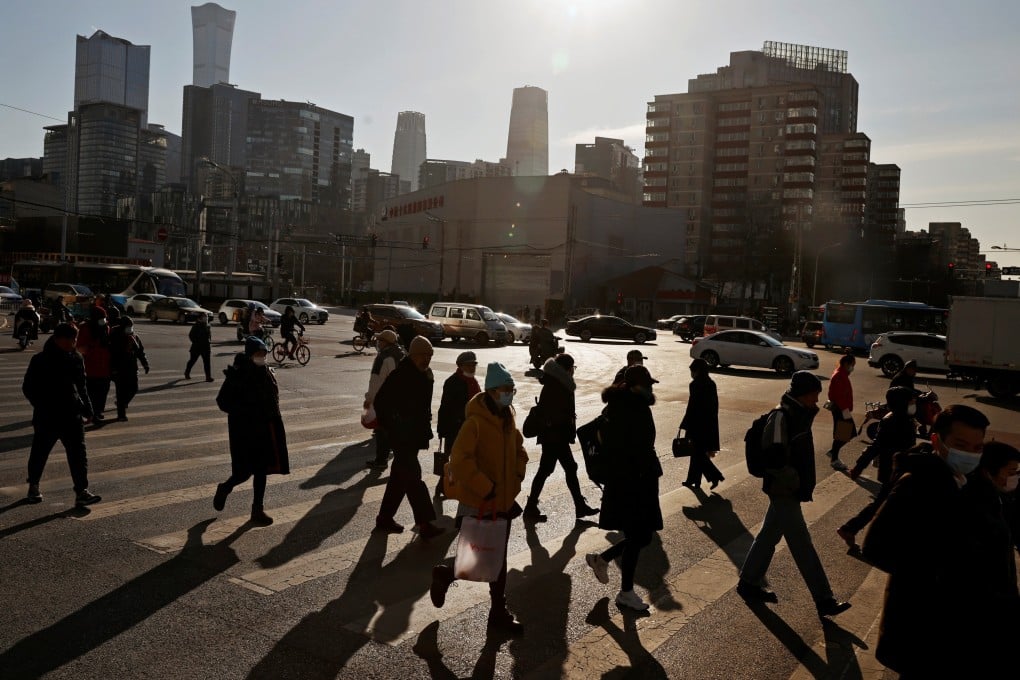China’s GDP growth targets should be scrapped to help put cap on local government debt, top central bank adviser says
- Local governments are under pressure to meet unrealistic economic growth goals, and it is driving them deeper into debt, warns former chief economist with People’s Bank of China
- Suggestion by Ma Jun comes after Beijing opted not to set an annual GDP growth target last year for the first time in three decades

China should permanently stop setting annual economic growth targets, as its overall level of borrowing and debt is rising at the fastest rate since 2009, following the global financial crisis, according to a senior adviser to the country’s central bank.
Ma Jun, a member of the monetary policy committee of the People’s Bank of China (PBOC) and its former chief economist, has outlined a number of risks facing the Chinese economy. He warned that continuing to set gross domestic product (GDP) targets may worsen the debt risks among local governments, which could increase their already high borrowing levels as they try to meet unrealistic growth goals.
Instead, Beijing should focus on stabilising employment and controlling inflation as its main macroeconomic policy goals, Ma said, according to a transcript of his remarks published on Monday on media site Sina.com. It was unclear when exactly his comments were made.
Ma said that while the government should use GDP forecasts in fiscal and investment planning, they should not be used as “an indicator for evaluating the performance of local government officials”.
“By emphasising GDP assessments, it is inevitable that some locals will falsely report the rate of economic growth,” he said, adding that many local officials often turn to borrowing to lift GDP growth, adding more debt even as their revenues continue to decline.